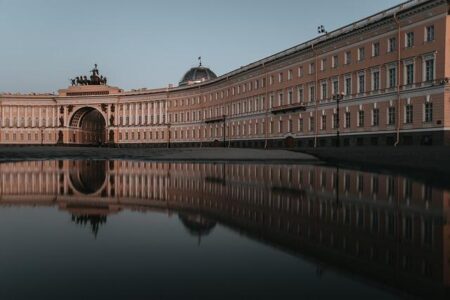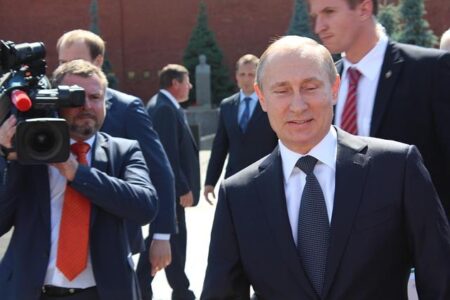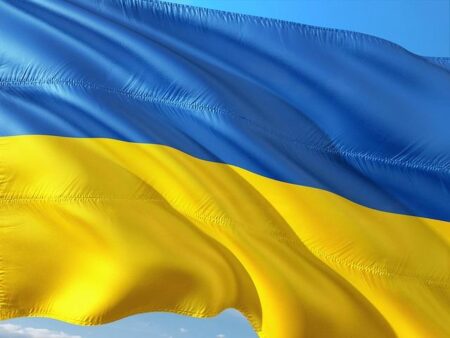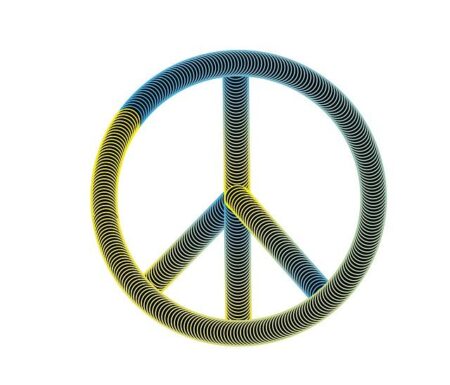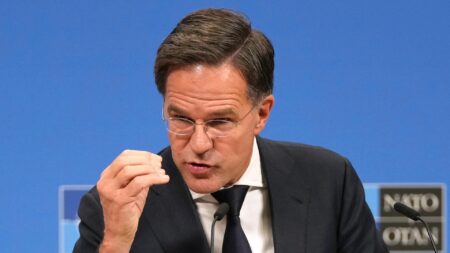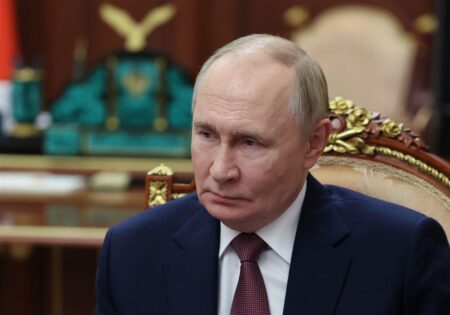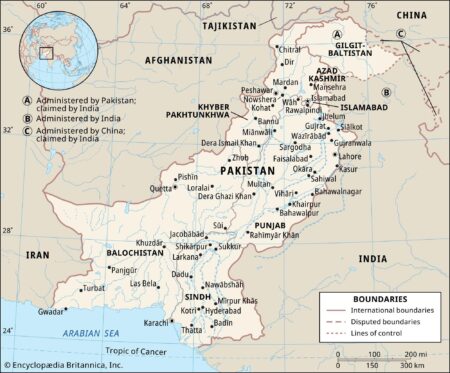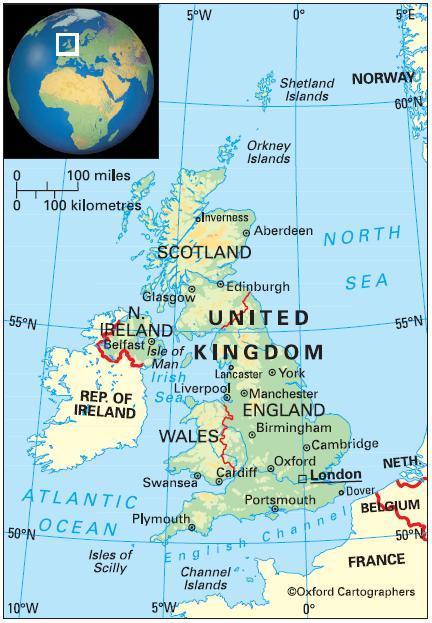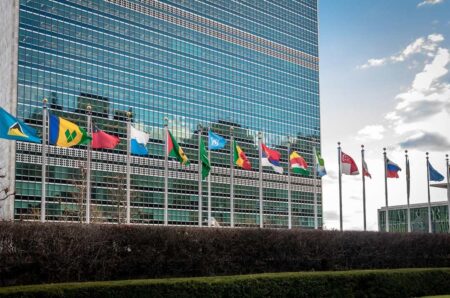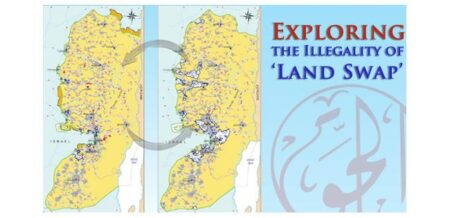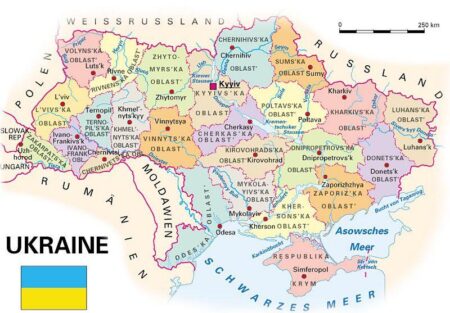US-brokered peace talks between Russia and Ukraine have collapsed following a relentless overnight Russian bombardment. This intense surge in attacks has shattered all momentum for negotiations, casting serious doubt on the prospects of a ceasefire, Reuters reports
Browsing: ceasefire
Russia, Ukraine, and the U.S. have come together for their first peace talks since the war began, marking a hopeful step toward ending the conflict. These pivotal discussions centered on exploring fresh opportunities for a ceasefire and reopening vital lines of communication
Russian President Vladimir Putin has pledged to avoid any new conflicts, highlighting that Moscow is open to peace-if Western nations engage with Russia in a spirit of respect and understanding, according to BBC reports
Thailand has boldly committed to intensifying its fight against Cambodia, completely dismissing former U.S. President Donald Trump’s assertions of a ceasefire. The conflict continues to escalate, with tensions soaring as the global community calls for peace and resolution
The Kremlin announced on Monday that it remains “premature” to discuss a peace deal with Ukraine, as complex negotiations drag on amid the ongoing conflict, CBS News reports. A quick resolution still feels far from reach
A new article on War on the Rocks unveils an ambitious 15-point plan aimed at forging a lasting peace between Ukraine and Russia. This comprehensive proposal champions the strength of diplomacy, solid security guarantees, and a carefully crafted step-by-step strategy to end the conflict and rebuild stability
Recent Ukraine peace talks have ignited fresh hope for a breakthrough in ending the conflict, but experts warn that significant hurdles remain. Key issues like territorial disputes and security guarantees still pose major obstacles to achieving a lasting peace agreement
France is preparing to send troops to Ukraine following a groundbreaking new ceasefire agreement, officials announce. This decisive move aims to enhance stability and reinforce peacekeeping efforts amid the region’s persistent tensions
After intense talks in Geneva, Ukraine’s peace plan has been significantly scaled back, yet a breakthrough still feels out of reach. Both sides remain locked in a stalemate as diplomatic efforts continue amid the ongoing conflict
Germany is gearing up to resume arms exports to Israel following the recent ceasefire, reversing its previous halt during the conflict. This move underscores Berlin’s unwavering commitment to bolstering Israel’s security, according to BBC reports
A Newcastle professor recalls the extraordinary US-Japan picnic truce during World War II, unveiling a stunning moment of humanity that broke through the chaos of battle. This peaceful exchange offered a rare and heartwarming respite from the harsh realities of war
Dutch Prime Minister Mark Rutte has singled out former U.S. President Donald Trump as the “only one” capable of brokering a ceasefire between Ukraine and Russia, highlighting Trump’s unique influence as the key to unlocking stalled peace talks
The much-anticipated Trump-Putin summit has been abruptly canceled after Russia rejected a U.S. call for a ceasefire. This unexpected turn highlights the escalating tensions between the two nations, dimming hopes for diplomatic breakthroughs
In a recent address, former President Trump mistakenly announced that India had declared a ceasefire, confusing the intricate dynamics between Pakistan and Iran. This surprising slip ignited a flurry of reactions amid escalating regional tensions. Watch the full video
The U.K. has announced it will recognize a Palestinian state if Israel declines to agree to a ceasefire in Gaza, escalating pressure amid the intensifying conflict, NPR reports
At UNGA 2025, the King of Spain delivered a powerful plea to Israel, urging them to “stop this massacre now.” He emphasized the critical urgency of halting the escalating violence in Gaza, calling for an immediate ceasefire and rapid humanitarian aid to protect innocent civilians and pave the way for lasting peace in the region
Europe is urgently exploring the creation of a Ukraine-Russia buffer zone-a daring last effort to halt the relentless conflict and underscore the critical need for a diplomatic breakthrough
Former President Trump boldly championed a controversial Ukraine peace plan centered on a provocative land swap with Russia. While the proposal ultimately unraveled, it highlighted the complex and delicate challenges of steering diplomacy through an active and volatile conflict
Ukraine’s President Zelenskyy passionately urged the Global South to intensify pressure on Russia and put an end to the relentless conflict. Speaking at a major international forum, he called for united action to restore lasting peace
The Donbas region remains a fierce and costly battleground, described by experts in The Hill as a “poisoned chalice” that neither Russia nor Ukraine truly wants-highlighting the deep and complex challenges blocking the path to lasting peace


